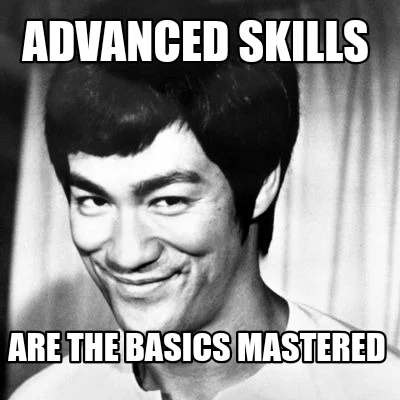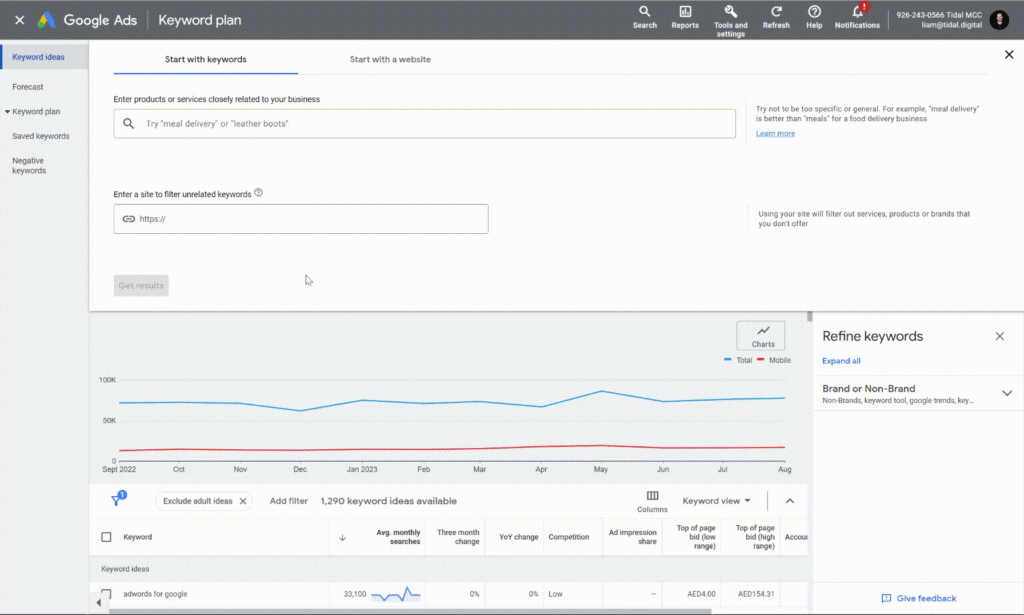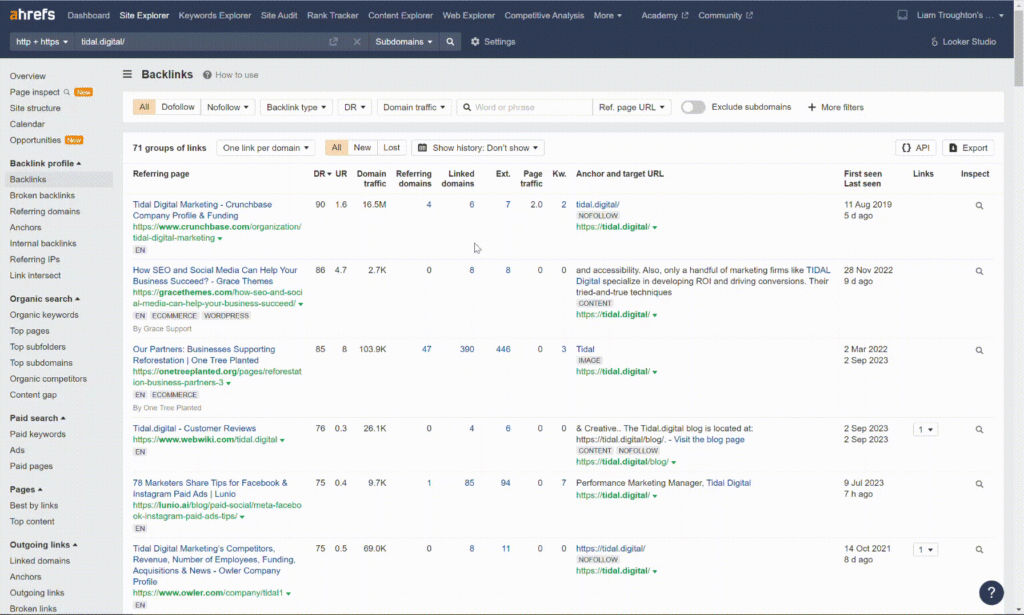- - SEO - Google Update - SEO - Google Update - SEO - Google Update


ALL YOUR PAGES ARE SUPPOSEDLY OPTIMISED TO THE MAX, BUT YOU ARE NOT GETTING THE SPECTACULAR RESULTS YOU WANT. WHAT GIVES? YOU’VE INVESTED TIME, EFFORT, AND POSSIBLY MONEY INTO YOUR SEO CAMPAIGN, BUT THE RESULTS AREN’T MATCHING YOUR EXPECTATIONS. YOU’RE NOT ALONE IN THIS FRUSTRATION. MANY BUSINESSES FACE THE SAME ISSUE. BEFORE YOU START POINTING FINGERS, LET’S TAKE A CLOSER LOOK AT SOME COMMON REASONS WHY YOUR SEO EFFORTS MAY NOT BE DELIVERING THE DESIRED OUTCOMES.
“I already know what SEO is, so why are you explaining it to me again?” The truth is, if you were an expert in all things SEO, you wouldn’t be reading this article. Some people fail to grasp the very basics of SEO and then get upset when their website isn’t an overnight sensation or when they aren’t making thousands (or millions) of dollars in sales every day a week after the site was optimised.

To put it simply, Search Engine Optimisation (SEO) is the practice of enhancing your website’s visibility and ranking on search engine results pages (SERPs). This is achieved through various techniques and strategies that signal to search engines that your content is relevant and valuable to users.
You know what keywords are. Or do you? Keywords play a pivotal role in SEO. They are the words or phrases that users type into search engines when looking for information, products, or services. On-page SEO involves strategically incorporating these relevant keywords into your website’s content, meta tags, headings, and URLs. But, not all keywords are the same.

There are three types of keywords you should be aware of:
Short, broad keywords with high search volume but intense competition (e.g., “shoes”).
Longer, more specific phrases with lower search volume but higher conversion potential (e.g., “red running shoes for women”).
Strike a balance between head terms and long-tail keywords (e.g., “affordable men’s dress shoes”).
By understanding these distinctions and using them effectively in your content, you can improve your website’s relevance to user queries and boost your chances of appearing higher in search results.
Have you ever wondered why your agency adds a bunch of seemingly random links to other sections on your website in your articles and content? To the uninitiated, it might seem like a bizarre and unnecessary practice. But to the seasoned SEO expert, it is a vital part of the whole experience.

Backlinks, also known as inbound links, are links from other websites that point to your site. They are like votes of confidence from other web pages, indicating to search engines that your content is valuable and credible. Not all backlinks are created equal, though. High-quality backlinks from reputable and authoritative websites have a more significant impact on your SEO than low-quality or spammy ones.
These backlinks are often used as anchor texts (clickable text in a hyperlink) to associate certain keywords with certain pages and links. By strategically building a network of high-quality backlinks with relevant anchor texts, you can boost your website’s authority in the eyes of search engines and improve your search rankings.
Sometimes the best thing you can do for a website is to make it look better and make it easier for users to find what they are looking for. Put yourself in their shoes – if you went to a website that sells pretty keychains and you struggled to find relevant product information or even to get to the point of purchasing, would you still want to use that site, or would you just give up and go to the more convenient option, which is usually Amazon or some other localised delivery option?
User experience (UX) is a critical factor in SEO success. It encompasses the design, layout, navigation, and overall usability of your website. Even if your content is well-optimised, a poorly designed website with a confusing layout can drive users away and lead to a high bounce rate. A high bounce rate signals to search engines that your content may not be as relevant or helpful as expected, which can negatively impact your rankings.
By prioritising user-friendly design, intuitive navigation, and quick-loading pages, you can create a positive user experience that encourages visitors to stay longer on your site, explore more pages, and ultimately take desired actions, such as making a purchase or filling out a contact form.
Sometimes the problem isn’t the on-page optimization or the choice of keywords. It’s possible to have the perfect website and still come up short. One explanation that we often find to be true is that a client’s goals are unrealistic. While we are not blaming the client in any way, we do think there should be some level of awareness in terms of setting realistic goals and to not ignore the projections as set out by the SEO team.
SEO is a powerful marketing strategy, but it’s not a magic wand that produces instant results. It requires time, consistency, and ongoing efforts to see significant improvements. Setting unrealistic goals, such as expecting a sudden surge in traffic or a top-ranking position overnight, can lead to disappointment and frustration.
Instead, work closely with your SEO team to establish realistic and measurable goals that align with your business objectives. These goals may include gradual improvements in search rankings, increased organic traffic, higher conversion rates, or improved engagement metrics. By acknowledging the time and effort required for SEO success, you’ll be better prepared to make informed decisions and stay committed to the long game.
Remember – it’s not paid media. You are not pouring money into ads that will expire after a certain number of clicks or impressions. It is both much more complicated and much simpler than that. Still confused? That is why you need to trust your SEO team or the award-winning agency you hired to optimise your website and your content.

SEO is an ongoing process that requires expertise, analysis, and adaptation. Your SEO team, whether in-house or from an agency like ours at TIDAL, consists of professionals who are well-versed in the ever-changing landscape of SEO.
Their knowledge and experience can help you navigate the complexities of SEO, from conducting keyword research to analysing website performance and implementing effective strategies. Trusting your SEO team and their recommendations allows them to work efficiently and optimise your website for better search visibility, increased organic traffic, and ultimately, improved business outcomes.
If your SEO campaign is not delivering the results you expected, take a step back and evaluate the foundational aspects. Understand the basics of SEO, make the most of keywords and on-page optimisation, build quality backlinks, prioritise user experience, set realistic goals, and above all, trust your SEO team to guide you toward success in the competitive digital landscape.
Give us a shout if you need additional assistance with your SEO.
Give us your email and we'll do the same thing every other performance marketing agency does... never email you.